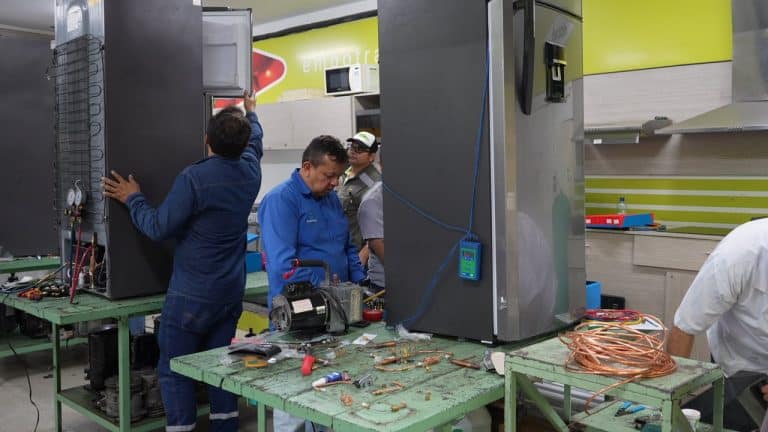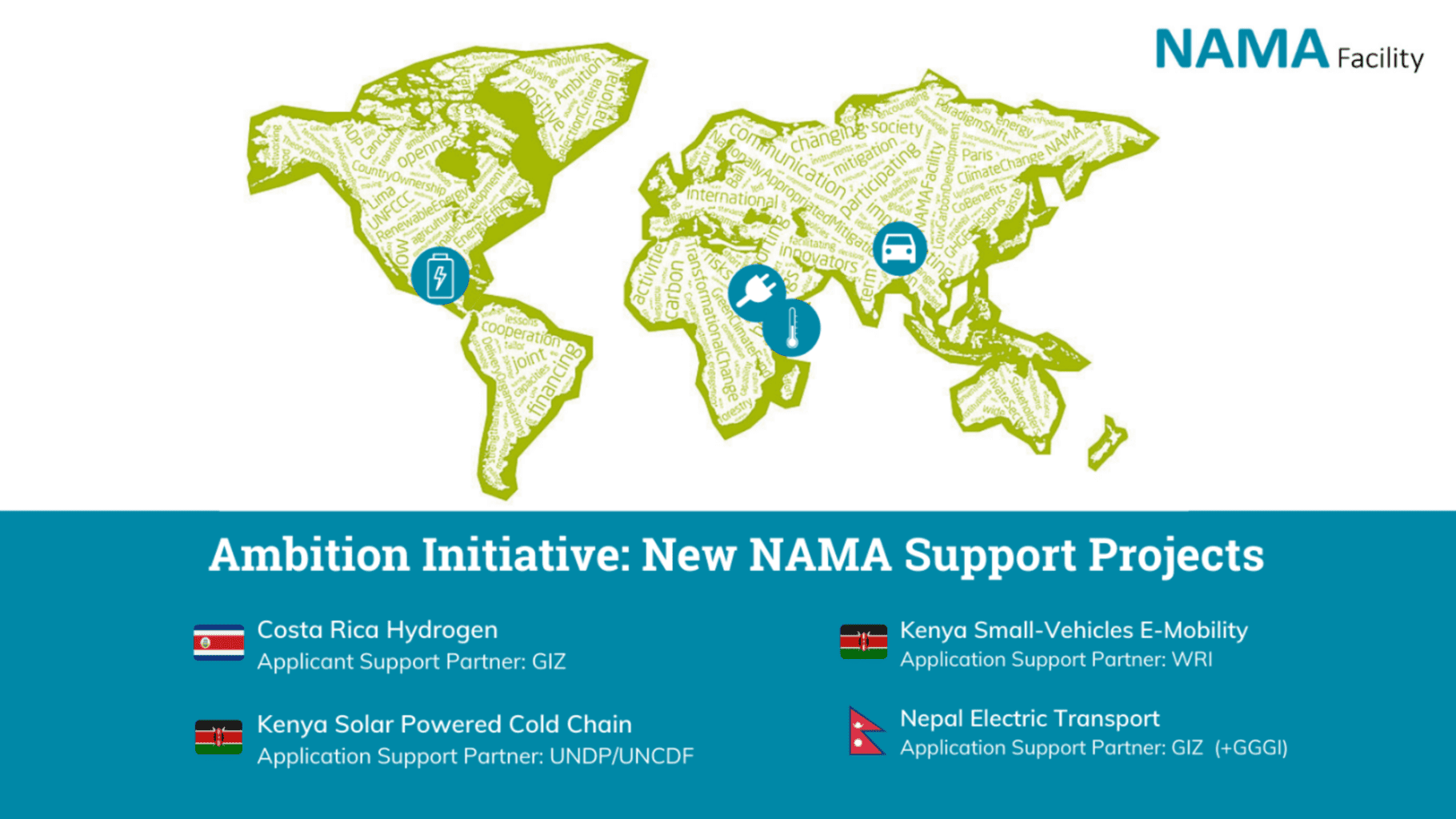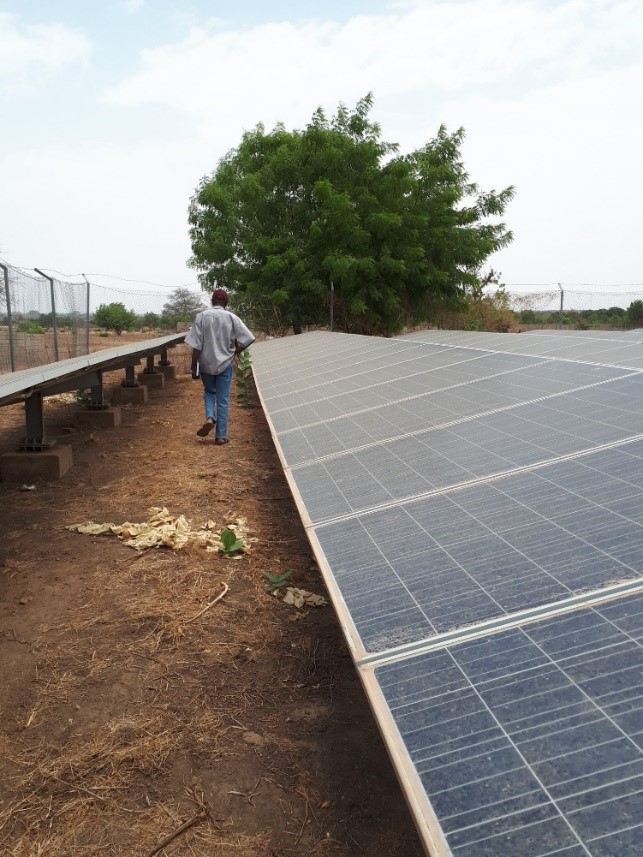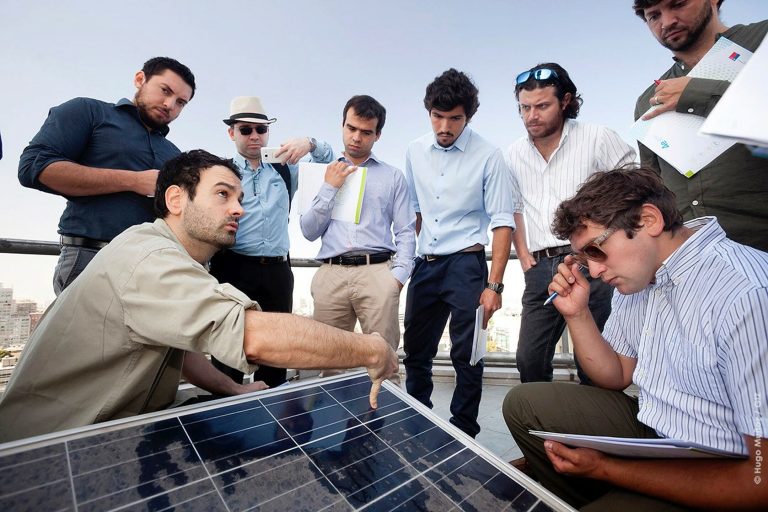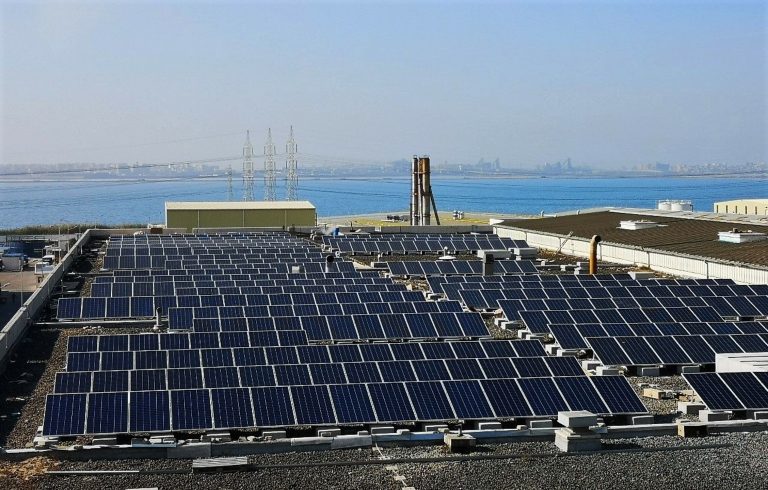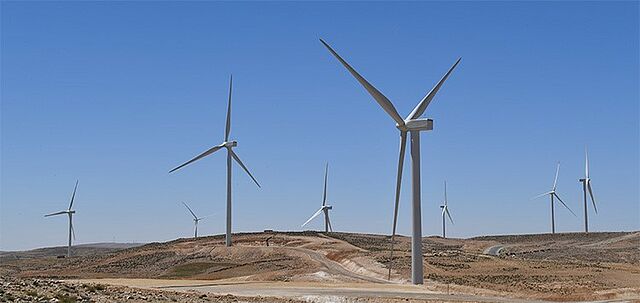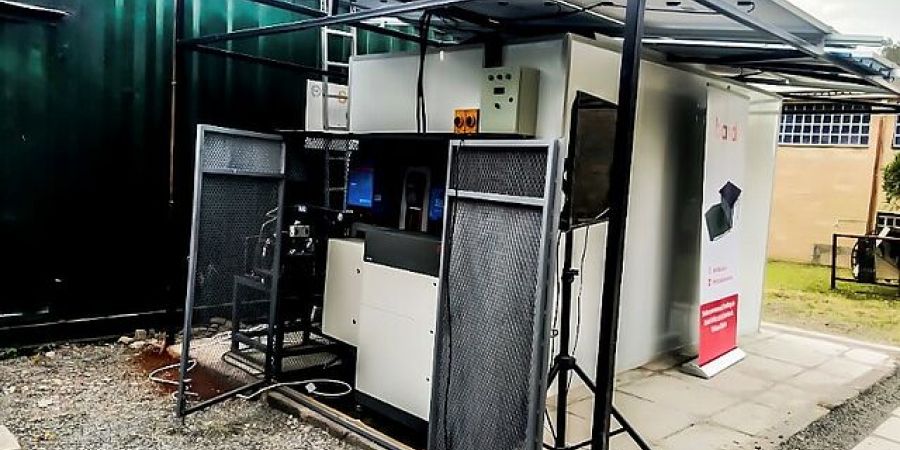
Background: Consistent harvest losses restrict smallholder farmers’ productivity and capacity to grow and increase their incomes and livelihoods. Women, who make up 75% of the labour force in the agricultural sector, are disproportionately affected. While post-harvest loss in Kenya and elsewhere is predominantly seen as a food security and livelihoods issue, addressing it presents an important opportunity to reduce greenhouse gas (GHG) emissions since anaerobic decomposition of organic matter is a significant source of methane emissions.
Approach to Transformational Change: “Kenya – Reducing post-harvest losses through solar-powered cold chain services” aims to take a major step in reducing post-harvest losses, by addressing the market barriers preventing the private provision and adoption of solar-powered cold storage services. The project is designed to educate, inform and stimulate a fundamental shift in the way farmers approach post-harvest management, activating demand for cold chain services. “Kenya- Solar-Powered Cold Chain Services” will deploy 3,900 tonnes of cold storage capacity and connect smallholder farming cooperatives in Meru and Nakuru Counties to 33 end markets across the country. The project will increase food security as well as agricultural productivity and farmers’ incomes in Kenya.
The project will use EUR 15.28 m for concessional loans, a credit guarantee facility and a tariff liquidity support facility to make the economic proposition of cold chain services reasonable for service providers and enable crowding-in of third-party private commercial capital. The project expects to leverage EUR 23 million from the private sector.
Mitigation potential: The project will directly reduce 3 Mt CO2e through the lifetime of its interventions with the estimated cost efficiency of 8 EUR/tCO2e.

